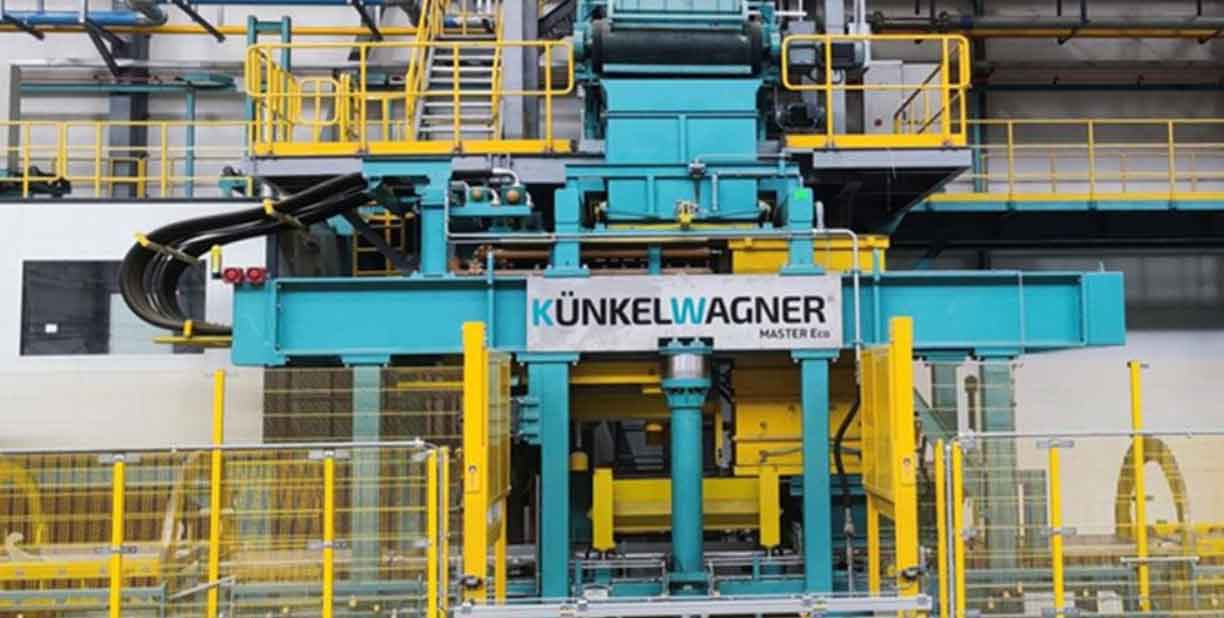
The steel castings manufacturers are diverse and global, with several key players and a variety of processes being predominant in different regions and applications.
In terms of processes, sand casting is the most prevalent, largely due to its cost-effectiveness and flexibility in handling various metals and complex shapes. It’s particularly popular for custom and low-volume productions. Other important methods include gravity casting, known for its high-quality results with non-ferrous metals, and high-pressure die casting (HPDC), which is preferred for large-scale production of small to medium-sized parts, especially in the automotive and consumer electronics sectors .
Regionally, the market varies with companies like WHEMCO in the United States, which specializes in heavy custom steel castings for industries such as metalworking, mining, and power generation. Their products include mill rolls, slag pots, and large steel castings.
In terms of materials used, cast iron dominates due to its durability and cost-effectiveness, followed by aluminum, valued for its lightweight and corrosion resistance, and steel, preferred for high-strength applications. These materials serve a range of industries, from automotive and construction to aerospace and military.
In the U.S., companies like Barron Industries supply precision steel investment castings to various sectors including marine, medical, and automotive. Others like Quaker City Castings offer a wide range of casting types including stainless steel, carbon steel, and nickel alloy castings for industries such as aerospace and transportation.
In more specific terms, companies such as WHEMCO in the USA are renowned for their role in producing large steel castings for the global metals industry. They have been a key player in the industry since the late 19th century and focus on heavy custom steel castings.
Moreover, companies like Post Precision Castings, Inc. in the USA cater to a broad spectrum of industries, from medical equipment and pharmaceuticals to construction and printing press equipment, highlighting the versatility of steel castings manufacturers .
The industry also sees a trend towards specialization, with firms like Barron Industries providing precision castings not only for traditional sectors like automotive and aerospace but also for emerging areas such as nuclear and medical industries. This diversification into high-performance applications is indicative of the sector’s adaptation to new technological demands and regulatory environments.
As the demand for more sustainable and efficient manufacturing processes grows, innovations in the steel castings manufacturers, such as the development of new alloys and improved casting techniques, will likely shape the future of this industry. This is especially critical as industries worldwide push for lighter, stronger, and more environmentally friendly components to meet modern engineering and environmental standards.
Overall, the global steel castings manufacturers are characterized by its wide variety of applications and manufacturing processes, catering to a diverse range of industrial needs. The future growth of this sector is largely driven by advancements in casting technologies and the increasing demand from sectors like automotive, particularly with the rise in electric vehicle production.
